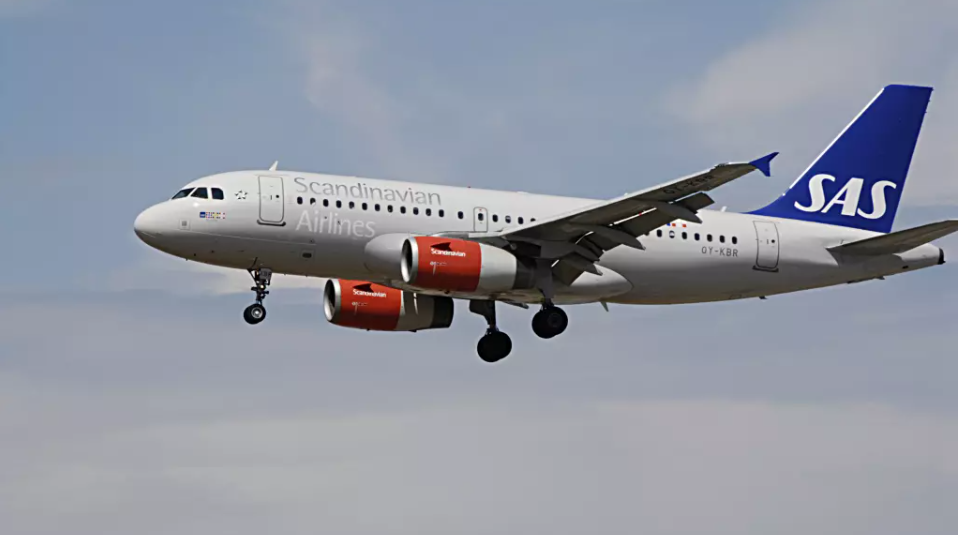UK aviation: Europe's #1 market falls to #6 as Russia and Turkey lead
The UK, long established as Europe's biggest aviation market before the COVID-19 pandemic, has slumped to sixth place by weekly seats in the week commencing 15-Feb-2021.
Russia and Turkey, previously smaller than the five big western European nations (UK, Germany, Spain, France and Italy) by weekly seats, are now Europe's top two markets.
The UK has suffered from high COVID-19 case numbers, including new variants of the disease, and consequent tighter restrictions on international travel. Moreover, it has the smallest domestic market among Europe's top seven aviation nations, leaving it little back-up when international markets are all but closed.
A cautious approach by the UK government suggests that restrictions are unlikely to be lifted in the short term, in spite of the country having one of the world's most advanced vaccination programmes.
Nevertheless, its vaccination progress, together with a higher propensity for air travel than the rest of Europe and a dynamic, LCC-led airline industry, provide real hope for a strong snap-back in UK aviation when restrictions do ease.
TO READ ON, VISIT: UK aviation: Europe's #1 market falls to #6 as Russia and Turkey lead

Thai AirAsia, Thai Vietjet lead Thai domestic recovery; others suffer
Thailand's airlines have been severely hit by the COVID-19 pandemic, which has stopped the feed of tourists to one of Asia's most popular tourist markets. Two airlines - Thai Airways and Nok Air - are attempting to restructure through the bankruptcy courts. But as in some other countries in the region, a strong domestic rebound means some airlines are recovering better than others.
LCCs have increased their dominance of Thailand's domestic market. Generally, their demand climbed back to pre-COVID levels through 2020, and they were able to restore most domestic capacity.
Some, such as Thai Vietjet, have actually seized the opportunity to grow their presence in the domestic sector. Despite a recent dip related to a new COVID-19 wave, they should benefit from stronger internal demand through 2021.
In contrast, Thai Airways' international routes are mostly suspended due to the COVID-19 crisis. The flag carrier is haemorrhaging cash while the bulk of its widebody fleet is grounded, and it is negotiating a restructuring plan with its creditors and other stakeholders. Thai is reporting good progress in these efforts, and is expected to submit a plan soon to cut its costs and reposition itself for a changed international market.
TO READ ON, VISIT: Thai AirAsia, Thai Vietjet lead Thai domestic recovery; others suffer

Aeroflot highest capacity recovery in Europe; Ryanair least
Two factors are clear for European airlines in the recovery from COVID-19: a large domestic market and a low cost business model are advantages.
Capacity data for the week of 15-Feb-2021 underline these points. Among Europe's leading airline groups, Aeroflot Group and Turkish Airlines have the highest percentage of their 2019 capacity, largely because Russia and Turkey are Europe's largest domestic markets.
Aeroflot also has an LCC subsidiary, Pobeda, which has been at more than 100% of its 2019 capacity through most of the crisis.
The LCCs Ryanair and easyJet have the lowest percentage of their 2019 capacity among the leading groups. This is because they are better at flexing their capacity according to demand, currently depressed by restrictions on international travel. In Aug-2020, the peak month so far, they had the highest levels among Western Europe's leading groups.
For Europe as a whole, domestic markets are relatively small, and its total seat capacity is down by 75.2% versus 2019, much worse than in other regions. Middle East is down by 56.8%, Africa is down by 52.7%, North America by 45.9%, Latin America by 45.7% and Asia Pacific by 42.5%.
TO READ ON, VISIT: Aeroflot highest capacity recovery in Europe; Ryanair least
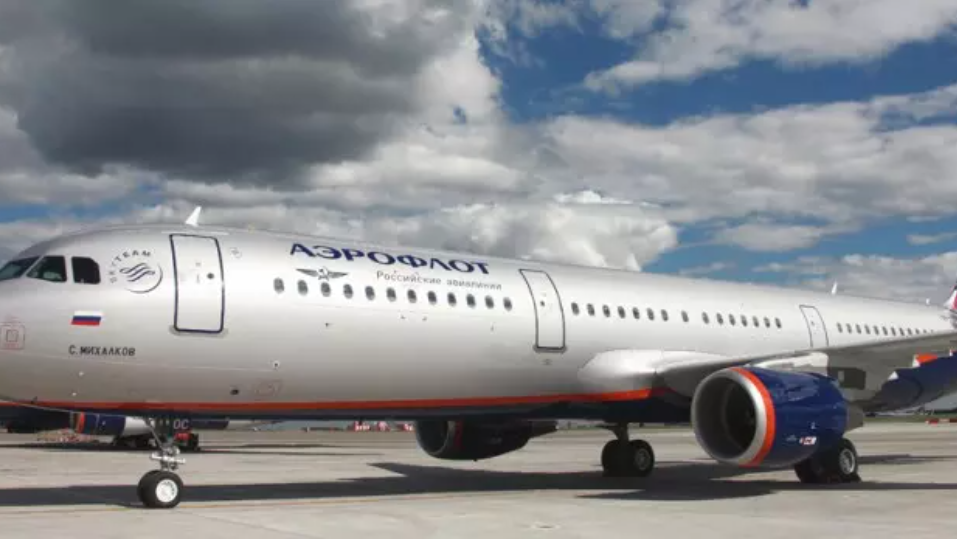
CAPA Live. Emirates' Sir Tim Clark: "work going on with" Etihad
International recovery will take longer than Sir Tim Clark, president of Emirates Airline, first thought. With the focus now on controlling the spread, it's not possible to think of operating fleets at the levels they had hoped.
Apart from the US, Sir Tim does not see the sector-specific aid that needs to go into the perfectly good businesses to help them survive. They have good business models - just no passengers.
Sir Tim believes it's a good time to sort out a lot of the issues that have been niggling for a long time. There is an opportunity to think about how you would go about improving the way you manage those particular aspects of your business.
Sir Tim believes that if the business model was fit for purpose before the pandemic, then it's probably going to be fit for purpose after the pandemic. If there was a fundamental problem before that, then there's no point blaming the pandemic for the fact that you failed.
Talking at the CAPA Live on 10-Feb-2021, Emirates Airline's president Sir Tim Clark spoke with CAPA's chairman emeritus Peter Harbison. Some of the key highlights can be found below.
TO READ ON, VISIT: CAPA Live. Emirates' Sir Tim Clark: "work going on with" Etihad

CAPA Live: Hawaiian Airlines financially strong; new domestic routes
Hawaiian Air has taken on an amount of debt to ensure they have liquidity to survive the crisis. They were oversubscribed, and have ended up in good position.
The airline is working with Worksite Labs to test all passengers before travel. This is not a long time plan, but they wanted to make sure that there's impetus for the market to create solutions so that testing can be available when people need it.
There is a patchwork of regulations domestically, but there is hope for a consistent approach that will help passengers understand what is required.
The airline is starting four new domestic routes in March and April. Ontario California to Honolulu and Long Beach to Maui. Also from Austin and Orlando, which are new destinations.
Talking at the CAPA Live on 10-Feb-2021, Hawaiian Airlines' President and CEO Peter Ingram spoke with CAPA's senior analyst for the Americas, Lori Ranson. Some of the key highlights can be found below.
TO READ ON, VISIT: CAPA Live: Hawaiian Airlines financially strong; new domestic routes

CAPA Live: easyJet CEO has positive outlook for summer
EasyJet's CEO, Johan Lundgren, doesn't estimate operating more than 10% of 2019 levels in the first quarter of 2021. Mr Lundgren maintains that they have to be flexible, as there is plenty of demand, but the restrictions need to be lifted.
Operating across Europe means the airline can move assets and fly to different places where the demand is. The CEO reports that the airline has a number of scenarios, but they want to wait as long as possible before putting them on sale.
Mr Lundgren doesn't believe that there is going to be a structural shift of any significance, because people want to meet and they want to travel. A study undertaken in January indicated that the primary purpose of people who wanted to travel was to go on holiday - way above second place, visiting friends and family.
Mr Lundgren refutes claims that extending the airport slot waiver in Europe for the duration of the summer season is anticompetitive.
Talking at the CAPA Live on 10-Feb-2021, easyJet's CEO Johan Lundgren spoke with CAPA's senior financial analyst Jonathan Wober. Some of the key highlights can be found in the verbatim text below.
TO READ ON, VISIT: CAPA Live: easyJet CEO has positive outlook for summer

CAPA Live: US big 3 airlines apply differing strengths in crisis
The COVID-19 pandemic has resulted in airlines worldwide pivoting to their respective strengths in order to stem the continuing bleeding.
In the US, each of the country's large US global airline operators - American, Delta and United - have turned to a different area of strength, ranging from cargo to brand loyalty.
Those airlines have also adopted differing approaches to fleet management, with American and Delta opting to retire aircraft at a faster rate than United.
Of course, those companies and all airlines continue to look for an inflection point, where a pronounced recovery in demand will occur, but until that happens they will continue working to leverage the aspects of their business that can quickly produce benefits as pandemic losses mount.
TO READ ON, VISIT: CAPA Live: US big 3 airlines apply differing strengths in crisis
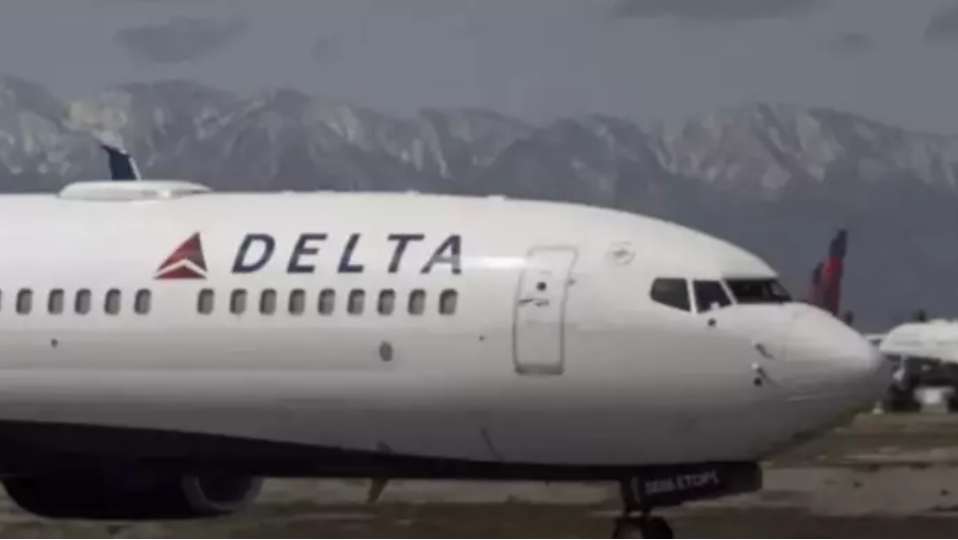
CAPA Live: flyadeal frequency back to 90%; international "this year"
Saudi LCC flyadeal turned three years old in Sep-2020 and pre-pandemic was about to reach 10 million passengers, but despite the setback is already back to 90% of its frequencies, flying domestically.
Plans to start flying internationally have been pushed back to summer 2021; flyadeal will stay within the region to start with.
There is likely to be some overlap with its sister airline Saudia, but as they have very different customer demographics, they see a role for both airlines.
The LCC will receive A320neo future deliveries, to facilitate growth, and those aircraft are more fuel efficient, which translates to lower fares for the customer.
Talking at CAPA Live on 10-Feb-2021, flyadeal's CEO Con Korfiatis spoke with CAPA's EMEA content director Richard Maslen. Some of the key highlights can be found below.
TO READ ON, VISIT: CAPA Live: flyadeal frequency back to 90%; international "this year"

CAPA Live: Qantas: paused in NDC rollout but robust roadmap ahead
At CAPA Live on 10-Feb-2021, Qantas' head of distribution, Nadine Dawood Morgan, explained that the airline's NDC deployment had been paused due to the changed priorities as the pandemic upended operations.
In Aug-2019, Qantas and Travelport enjoyed a key milestone in their NDC (New Distribution Capability) journeys, but that was in a very different environment.
At that time, as a key part in its continuing support for Qantas' NDC, Travelport began handling its first bookings with the Australian flag carrier using IATA's NDC standard.
This NDC connection to Qantas was a first by any GDS to the airline and enabled live bookings of NDC content to be made by selected agency partners taking part in the testing programme, ahead of a rollout to the wider agency community in subsequent months.
The development is part of the airline's plans for the Qantas Distribution Platform (QDP), a dedicated offering to deliver improved customer experience through enhanced and personalised content tailored to meet travellers' needs.
It may not have been the first airline live NDC booking via the GDS - that happened back in Oct-2018 - but it had represented a key moment for both parties, and a first in the Asia Pacific region, in an NDC story that is now closing on its tenth year.
However, the world now looks very different, and the question raised at CAPA Live was: is NDC transitioning helping or hindering air transport's recovery?
TO READ ON, VISIT: CAPA Live: Qantas: paused in NDC rollout but robust roadmap ahead

Madrid Barajas airport: cross-sector teamwork for a sustainable hub
The non-financial factors of Environmental, Social, and Governance (ESG) increasingly dominate boardroom thinking about material risks and growth opportunities, and the air transport industry is no exception. Indeed, those factors are at the forefront, as everything the industry does is now measured in terms of emissions.
In Spain, representatives from across the industry have come together in a government-sponsored attempt to boost the Spanish aeronautical sector while placing Madrid as a global hub for both passengers and cargo, with particular respect to Latin American markets.
At the same time, sustainable working practices and new industries will be introduced in a sort of ecological airport city environment.
It is an ambitious project, involving both the public and private sectors, and the investment requirement is a heavy one.
TO READ ON, VISIT: Madrid Barajas airport: cross-sector teamwork for a sustainable hub
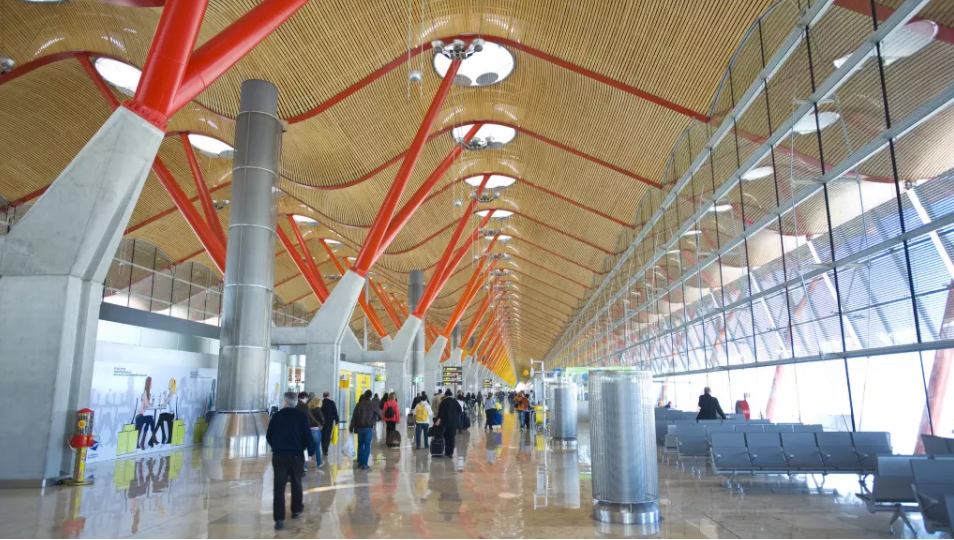
Albanian company takes on the concession for Tirana Rinas Airport
Tirana's Rinas Airport performance over the last decade or so must have come as a surprise to many. It has grown passenger traffic steadily since it was first concessioned in 2005, as tourism into Albania has also increased.
Although available traffic data shows that in only one of the years 2009-2019 (2012) was there negative passenger growth. In all other years it ranged from a low of +3% to +19.8%, and with an average growth rate over those 11 years of +9.4%. There are few airports in Europe that can boast that consistency of growth.
Tirana Rinas Airport was described as "a model concession", and that it could be "considered a success story, somewhat against the od
ds." (CAPA analysis report, Jul-2015)
Now, after one change of concessionaire already, involving a Chinese joint venture, including a large international fund, the concession has changed hands again.
This time the airport is 'coming home' to a local conglomerate with strong ties to the government.
TO READ ON, VISIT: Albanian company takes on the concession for Tirana Rinas Airport
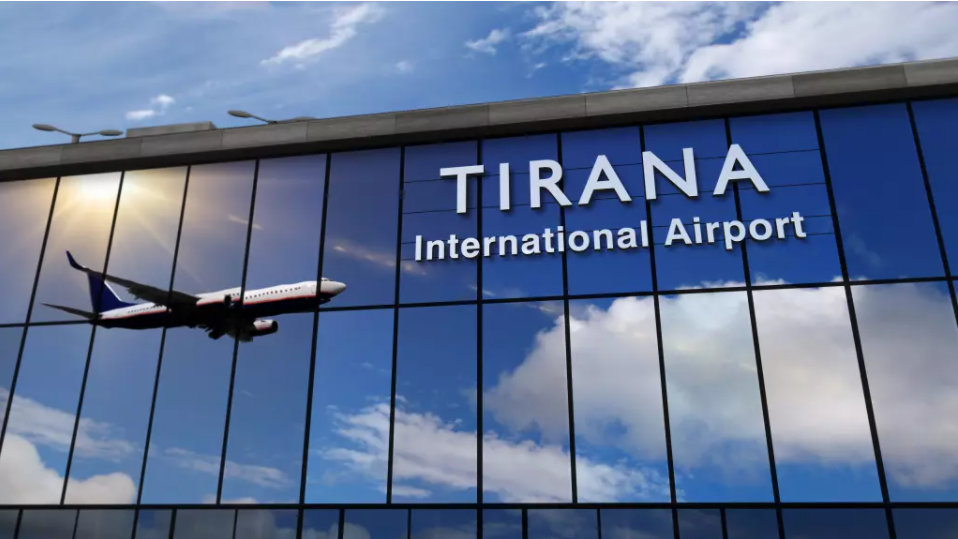
Liège Airport's 2020 record year for cargo; Qatar Airways #1
A new role has been found by a number of smaller airports in Europe which specialise in freight, namely the handling of the fast growing e-commerce sector, while participating in the transport of medical equipment across the world.
In many cases the airlines involved are not the usual ones that would be involved in day to day activities, but rather those that have risen to the challenge presented by the pandemic.
One of them is Liège Airport in Belgium.
Liège has a population of 200,000, within a province of the same name of just over 1.1 million, and is Belgium's fifth largest city.
Liège Airport is Belgium's largest cargo airport and the seventh largest cargo airport in Europe. The airport reported a "record year" in 2020 for cargo activities, registering a 24% year-on-year increase in cargo volumes, to 1.1 million tonnes.
TO READ ON, VISIT: Liège Airport's 2020 record year for cargo; Qatar Airways #1
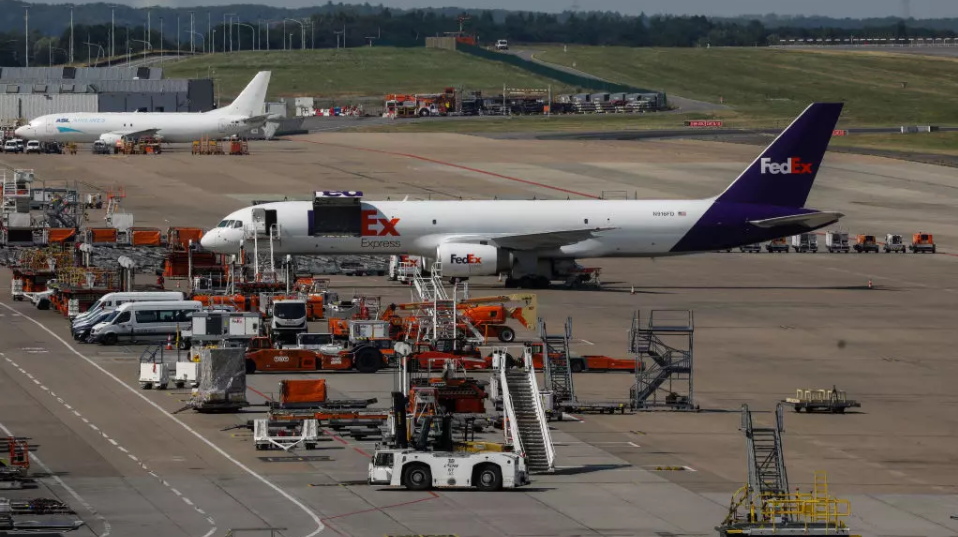
SPECIAL REPORTS: Aviation Sustainability and the Environment
This regular weekly CAPA report features a summary of recent aviation sustainability and environment news, selected from the 300+ news alerts published daily by CAPA. This week's issue includes: SAS agrees to increase Gevo SAF fuel purchase; Rolls-Royce: e-fuels offer support for net-zero future; Essar Oil (UK) Limited to create SAF from non recyclable household waste in the UK; New Zealand's Department of Conservation releases new Heritage and Visitor Strategy; Clean Planet Energy launches kerosene/jet fuel produced from recycled plastics.
TO READ ON, VISIT: SPECIAL REPORTS: Aviation Sustainability and the Environment
